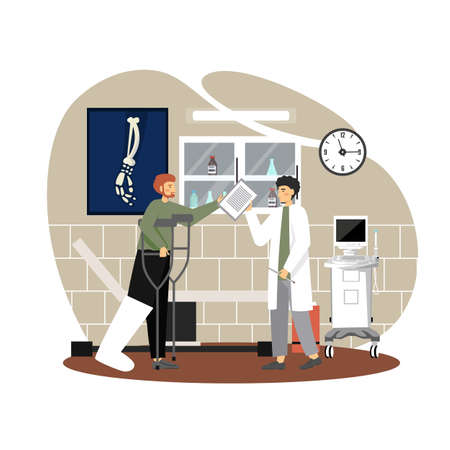What should I do if a patient with rheumatoid arthritis develops a cough?

When a patient with rheumatoid arthritis develops a cough, there are two general directions that need to be identified, namely infection and interstitial pneumonia. Identifying infection and interstitial pneumonia requires a level of expertise on the part of the physician, and patients are generally unable to identify them.
1. Infection
Patients with rheumatoid arthritis presenting with infections, especially recurrent infections, must consider whether the dose of anti-rheumatic drugs (methotrexate, leflunomide, lorazepam, biologics, etc.) is too high, resulting in immune deficiency and thus co-infection. Therefore, the doctor needs to consider whether to adjust the anti-rheumatic drugs after the patient's infection, so it is necessary to visit the rheumatology department after the infection.
2. Interstitial pneumonia
Many patients think that rheumatoid arthritis only involves the joints, but it does not. The incidence of rheumatoid arthritis causing interstitial pneumonia is about 30%! After the occurrence of interstitial pneumonia, doctors have to distinguish the type of interstitial pneumonia based on high-resolution CT of the lungs or biopsy (rarely done) and choose the medication according to the type. In addition, anti-rheumatic drugs are further adjusted after the occurrence of interstitial pneumonia. Therefore, patients with interstitial pneumonia must also visit a rheumatologist.
In summary, patients with rheumatoid arthritis who develop a cough should first consult a rheumatologist, who will help identify whether the infection or interstitial pneumonia is due to rheumatoid arthritis, at which point anti-rheumatic medications need to be adjusted without delay. After evaluating the condition, the rheumatologist will give advice on whether joint intervention with respiratory medicine is needed.







